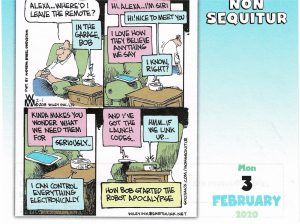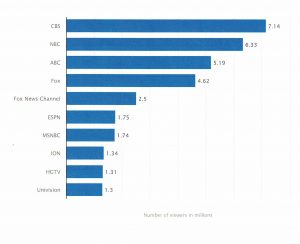The great dilemma for all religions since World War II days is that local society over much of the world became aware of the international world. Adding to the dilemma was the broadening awareness through television in the 1950s. Worldwide communication became available inside the home when the Internet grew in the 1980s and broadband came along in 2000. Today, 5G technology in an instant will provide all the information of the entire age of humankind in one’s handheld device.
Since the first recorded goddess Cybele six thousand years before Jesus, religion has been the link between the suprahuman forces that shape reality and the personal worth of humans within that reality. In the earliest years, lack of correct understanding required that worth be linked through myth – stories that were based on personal experience, empirical reality and a functional relationship with the suprahuman forces.
Being anthropomorphic creatures, humans have been required to translate the forces of reality into anthropomorphic value systems. Simply stated, rules of godly behavior had to be defined in human terms requiring personality, motive and human-centric cause and effect. Reza Aslan, a well-known contemporary theologian, suggests that in order to be meaningful, one’s god must be very much like one’s self.
The most important role of religion is to establish human scruples and morality in a way that is compliant with the rule of God. This is where the Torah (Judaism), Bible (Christianity), Qur’an (Islam), Puranas (Hinduism) and Tripitaka (Buddhism) become important. These holy works articulate the rules that bind self, society and God into a way to understand the relationship between universal reality and human reality. These works integrate myth, existentialism and personal feelings into a working structure that defines theology, doctrine and ritual (who is God, what are the rules, how do I comply).
It is rare, indeed very rare, that studying the Bible to understand Christianity one begins by breaking the content into commentary about theology, doctrine and ritual. Most frequently, individuals start by reading the Torah (Jewish holy works). The myths of Genesis are learned without consideration of modern knowledge. One is exposed to continuous allegorical descriptions of faith easily misconceived as historical.
As the new student moves through the Old Testament, they learn that God is a personal creature who has human prejudices and acts accordingly directly with human history. Hence the common belief that it is God that bequeaths touchdowns, wealth, and behavioral worthiness. The New Testament part of the Bible (Christian) suggests that God is not so personal but rather is a creative force called love – universal, all-encompassing love. One does not need to part the Red Sea to demonstrate God’s acceptance; one does not suffer the variabilities of God as Job did. One needs, not so simply, to create love in God’s manner and if one fails, God’s love, ever present, forgives transgressions.
The major issue about the Bible is that today virtually no one reads it or has read it. Having no knowledge of religious content – in any holy work – leaves an individual on their own to fathom virtue in today’s hodgepodge world. Speaking simplistically, just as Cybele gave way to Roman mythology and Roman mythology gave way to Christian mythology, what will replace Christian mythology?
In mariner’s post “The Age We Live In” (February 9), mariner quoted Mike Allen saying, “we are aging, comfortable and stuck, cut off from the past and no longer optimistic about the future, spurning both memory and ambition while we await some saving innovation or revelation, growing old unhappily together in the light of tiny screens.” Is this a symptom of lack of myth, a loss of guidance in today’s version of suprahuman forces? Is there something to which humans can tie their worth in the universe?
God knows.
Ancient Mariner

 managed in several ways. It was jewelry as the picture shows; often it was kept in long belts and was used in the way rosary beads are used today although the wampum belt was more a family history than a religious tool. Also kept in belt form, individual wampum could be slipped off as a form of cash; the intrinsic value came from its attractiveness as jewelry and the time and labor it took to convert clam shells to wampum. These belts were the first wallets in North America.
managed in several ways. It was jewelry as the picture shows; often it was kept in long belts and was used in the way rosary beads are used today although the wampum belt was more a family history than a religious tool. Also kept in belt form, individual wampum could be slipped off as a form of cash; the intrinsic value came from its attractiveness as jewelry and the time and labor it took to convert clam shells to wampum. These belts were the first wallets in North America.
